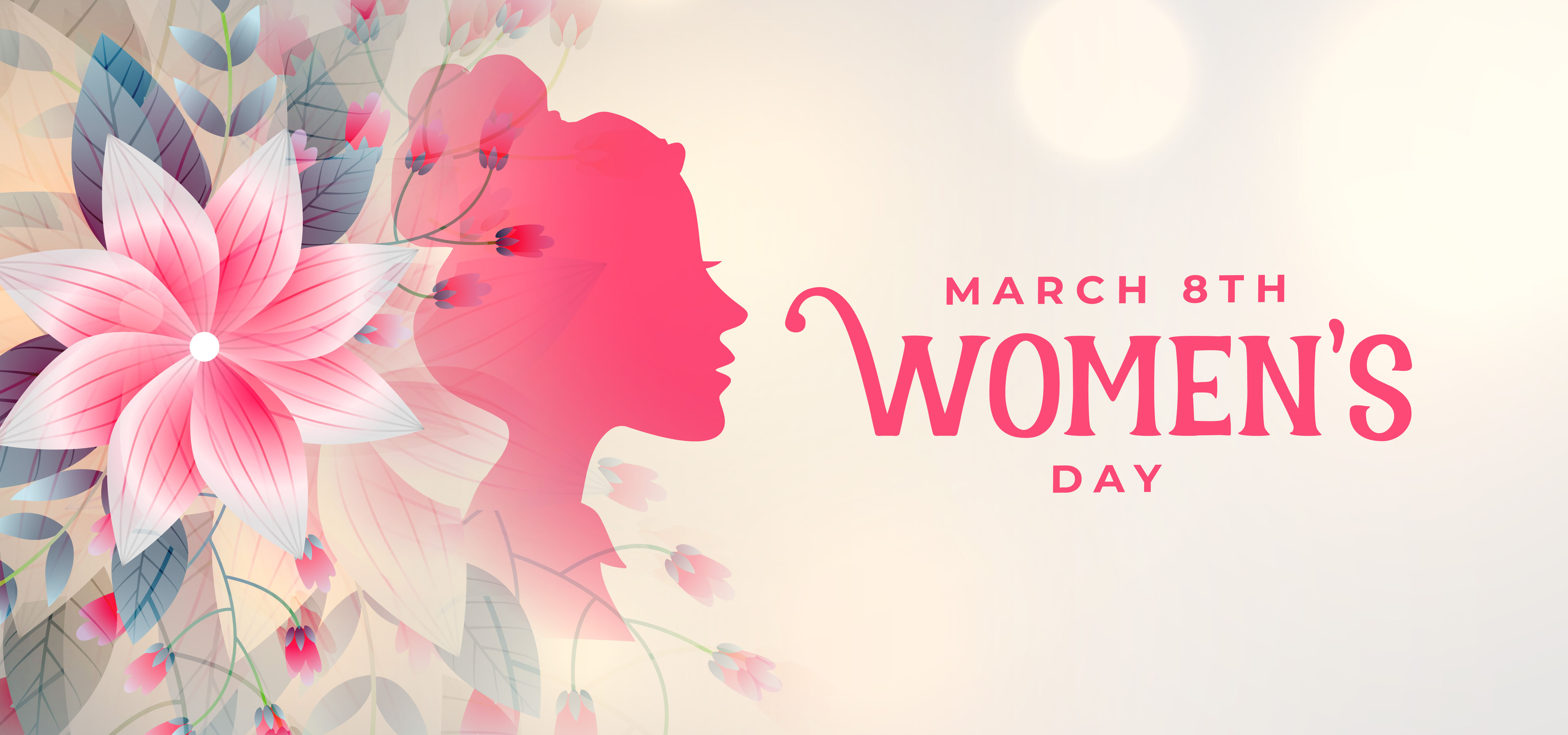100 Whatsapp Messages For Women’s Day Wishes In English
100 Whatsapp Messages For Women’s Day Wishes In Hindi

Controversies on Women’s Day

The intriguing history of Women’s Day dates back to 1909 and it travelled a long journey until March 8 was proclaimed as the International Women’s Day. Women’s Day is celebrated every year on March 8 as a symbolic of women’s rights and world peace. In some countries, it is marked as a national holiday. However, there are several controversies related to Women’s Day that sparked in different countries over the years.
1. In Czechoslovakia, which was once a communist country, celebrated International Women’s Day annually in Soviet style. However, after the fall of Communism in the country, Women’s day, which was considered as one of the symbols of Soviet regime, fell into gloom. It was only recently that International Women’s Day was again established as an official day by the Parliament of the Czech Republic on the proposal of the communists and social democrats. This incident has provoked controversies as a major part of the political and public right considers the holiday as a remnant of Czechoslovakia’s communist past. Followed by this, in 2008 the deputies of Czechoslovak People’s Party, a Christian conservative party, proposed for the abolition of the holiday but without success. Some non-government organizations, however, consider official recognition of International Women’s Day as a celebration of women’s role in the society.
2. On another incident, the celebration of International Women’s Day sparked controversies and violence in Tehran on March 4, 2007, when the police beat hundreds of non-political women and men who were planning a peaceful rally on the event of Women’s Day on March 8. Police arrested many women and few were released only after days of interrogation and solitary confinement. MahbubehAbbasgholizadeh, Shadi Sadr and many other community activists were released from the jail on March 19, 2007 after a fifteen-day hunger strike. This incident provoked several controversies across the world, emphasizing the right of women and men to celebrate International Women’s Day.
3. Bic, a pen manufacturer, has sparked outrage on social media after it posted a controversial advertisement that was intended to celebrate National Women’s Day in South Africa. The ad, which was posted on August 9, 2015 in honor of celebrating Women’s Day, read “Look like a girl, act like a lady, think like a man, work like a boss #HappyWomensDay.” Followed by immense controversies on Facebook and Twitter regarding the intent of the ad, the company removed it and issued a statement of apology, saying that “We can assure you that we meant it in the most empowering way possible and in no way derogatory toward women.”
4. In another controversial incident during March 2015, five Chinese feminists are being held and criminally detained after allegedly planning to distribute stickers with slogans on sexual harassment on the event of International Women’s Day. The feminists are detained on the ground of “picking quarrels and creating a disturbance” after they reportedly planned to highlight sexual harassment on the day. The incident has provoked controversies across the world regarding the rights of women. Britain, the US and EU ambassador to the UN are among those who called for the release of the activists, but China has rejected the plea.
- Women’s Day History
- Significance of Women’s Day
- Women’s Day Story
- UN Themes for Women's Day
- UN Day for Women's Rights
- International Women’s Day
- Rio Olympic 2016
- First Women’s Day
- Women’s Day Wishes
- Women’s Day Messages
- Women’s Day Quotes
- Women’s Day Whatsapp Messages
- Popular Sayings for Women’s Day
- Women’s Day Greetings
- Women’s Day Poems
- Women's Day Essay
- Women’s Day Speech
- Top 10 Richest Women in The World
- Women’s Day Speech in Hindi
- Women’s Day Prayers
- Women’s Day scraps
- Women's Day Images
- Women’s Day Gifts
- Most Inspiring Women in History
- What is International Women's Day
- Facts About Women's Emotions
- 50 Most Inspirational Women Worldwide
- Famous Female Athletes
- Biographies of Inspiring Women
- Mother's Day Messages
- Mother's Day Quotes
- Mother's Day Poems
- Mother's Day Wishes
- Mother's Day in UK
- Women in Indian Army



